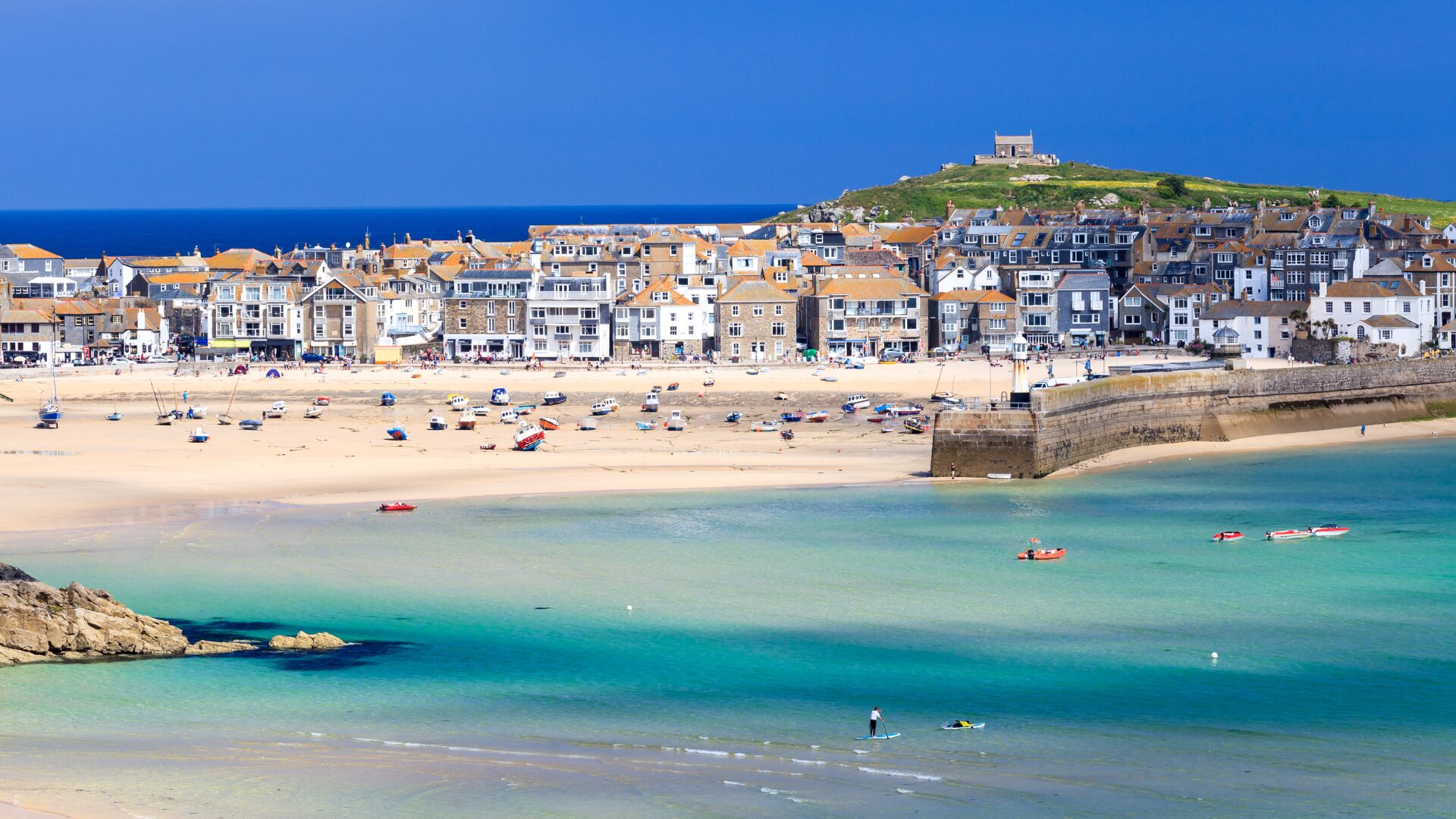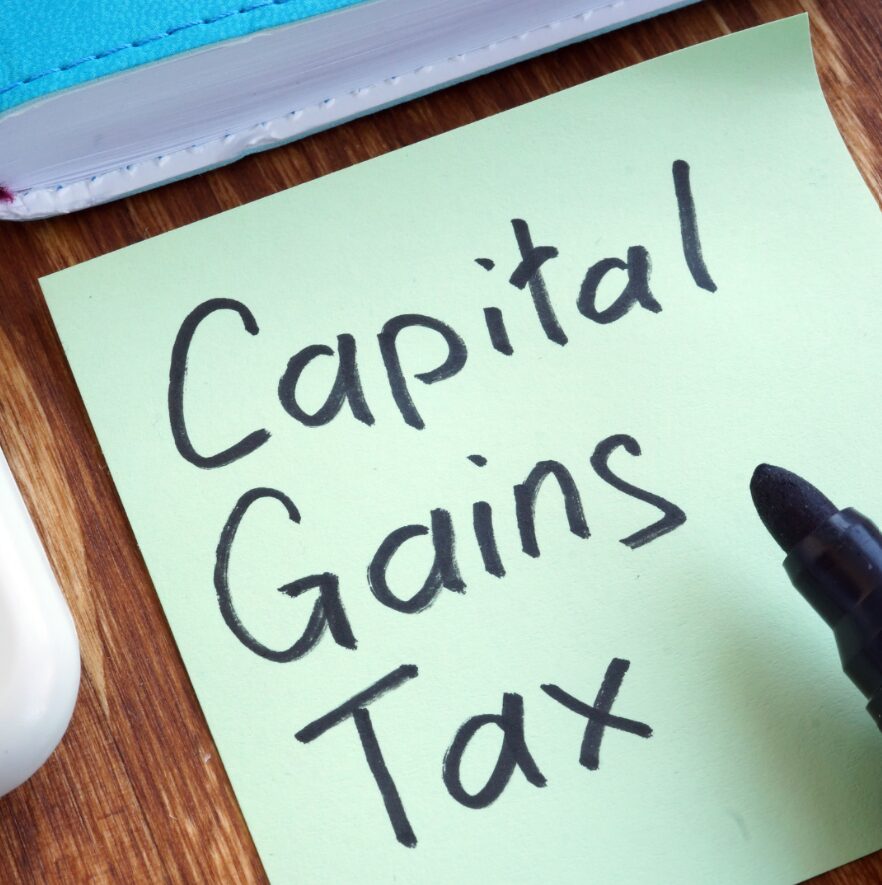In an impactful decision for the UK’s holiday home market, the Spring Budget 2024 introduces two budget changes to property investment tax, affecting both holiday lets and second homes. These include furnished holiday let tax changes and a reduction in capital gains tax.
Key takeaways
- The bad news: It will cost more to operate annually with the furnished holiday letting scheme (reportedly worth £300m) being abolished.
- The good news: You may pay less tax when you sell your property, with the higher rate of property capital gains tax on buy-to-let properties to be reduced from 28% to 24%.
1. £300m furnished holiday letting scheme to be abolished
The Chancellor confirmed that the government is cutting back on the financial perks enjoyed by holiday let owners.
The first of the holiday let-related announcements is the proposed abolition of the £300m furnished holiday letting (FHL) scheme from April 2025. The abolishment stops certain allowances, which will no doubt squeeze profit margins for holiday let owners.
Second home owners who make additional income from their holiday home – such as by making it available on Airbnb – will be affected, making this a less lucrative investment opportunity.
Before the announcement, landlords could benefit from a tax break of up to £4,000 a year when making £30,000 a year in rent. However, some critics have warned that it could have a negative impact on the areas which are reliant on tourism for their income.

This measure marks a significant shift in government policy, aiming to address the UK housing supply issue and the impact of short-term holiday homes on local communities.
With negative furnished holiday let tax changes, it seems the government is pricing landlords out of owning second homes in tourist hotspots and instead favouring long term residential properties.
Alistair Handyside is the owner of Higher Wiscombe, a group of luxury holiday cottages in East Devon. He told MailOnline: “It will alienate the owners of the 127,000 properties that will be affected. But worse of all it will damage the visitor economy. Fewer holiday lets mean fewer visitors to pubs and attractions. I can’t see any positive in this.”
Own a second home or holiday let property? Get a specialist insurance quote today.


